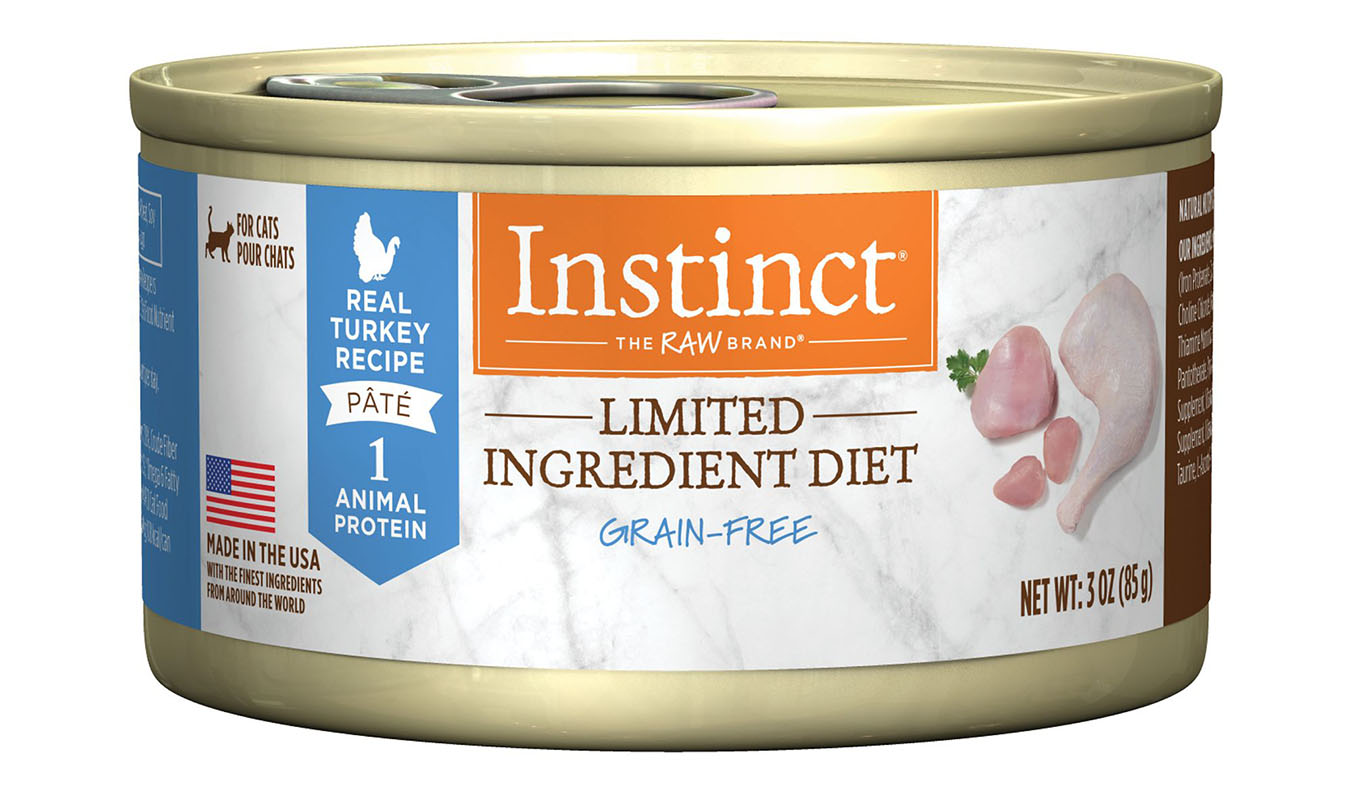Canine allergies are a common concern for pet owners, affecting dogs of all breeds and ages. We’ll explore the causes, symptoms, treatment options, and associated costs of canine allergies, equipping pet parents with valuable insights to better care for their furry companions.
Identifying Canine Allergy Symptoms: Understanding Your Dog’s Health
Canine allergies can present themselves in various ways, often causing discomfort and distress for our beloved furry friends. Being able to recognize the symptoms is essential for prompt intervention and effective management. Here’s a detailed look at common signs of allergies in dogs:
- Persistent Itching and Scratching:
One of the most noticeable signs of canine allergies is excessive scratching, licking, or chewing of the skin. Dogs may focus their attention on areas such as the paws, ears, belly, and groin, where irritation is most prominent. Continuous scratching can lead to hair loss, redness, and even skin abrasions. - Skin Irritations and Inflammation:
Allergic reactions often manifest as redness, inflammation, rashes, or hot spots on the skin. These irritations may appear as raised bumps, scaly patches, or oozing lesions, indicating an inflammatory response to allergens. Monitoring your dog’s skin for any changes in texture or appearance is crucial for early detection and treatment. - Recurrent Ear Infections:
Dogs with allergies are prone to developing recurrent ear infections, characterized by foul odor, discharge, redness, and swelling within the ear canal. Itching and discomfort may lead to excessive scratching of the ears, exacerbating the condition. Regular inspection and cleaning of your dog’s ears can help prevent and manage ear infections associated with allergies. - Gastrointestinal Disturbances:
Allergies can affect the digestive system, resulting in gastrointestinal issues such as vomiting, diarrhea, or excessive gas. Changes in diet or exposure to allergenic foods may trigger these disturbances, causing discomfort and digestive upset in affected dogs. Monitoring your dog’s eating habits and stool consistency can provide valuable insights into their gastrointestinal health. - Respiratory Symptoms:
Inhaled allergens can provoke respiratory symptoms in allergic dogs, including sneezing, coughing, wheezing, or nasal discharge. These symptoms may resemble those of respiratory infections but are often triggered by environmental allergens such as pollen, dust, or mold. Paying attention to changes in your dog’s breathing patterns and respiratory health is essential for identifying potential allergic triggers.
Recognizing these symptoms of canine allergies allows pet owners to take proactive measures to address their dog’s health needs effectively. Consulting with a veterinarian for a comprehensive evaluation and diagnostic testing is recommended for accurate diagnosis and tailored treatment options. By working closely with veterinary professionals, pet owners can provide their dogs with the care and support needed to manage allergies and improve their overall well-being.
Comprehensive Treatment Options for Allergic Dogs:

When it comes to managing allergies in dogs, a comprehensive treatment approach is essential to alleviate symptoms and improve your furry companion’s quality of life. Here’s a detailed overview of treatment options available for allergic dogs:
- Medications for Symptom Relief:
Veterinarians may prescribe medications to alleviate allergy symptoms and reduce inflammation. These may include antihistamines to counteract allergic reactions, corticosteroids to suppress immune responses, or immunosuppressants to modulate allergic responses in severe cases. It’s crucial to follow your vet’s dosage instructions and monitor your dog for any adverse effects. - Topical Therapies for Skin Relief:
Topical treatments such as medicated shampoos, sprays, or ointments can provide immediate relief for itchy skin and alleviate skin irritations. Ingredients like oatmeal, aloe vera, or hydrocortisone have soothing properties that help calm inflamed skin and promote healing. Regular bathing with gentle, hypoallergenic products can also maintain skin health and reduce allergen exposure. - Allergy Testing for Identifying Triggers:
In cases of chronic or severe allergies, allergy testing may be recommended to identify specific allergens triggering your dog’s reactions. Intradermal skin testing or blood tests can pinpoint allergens such as pollen, dust mites, molds, or certain food ingredients. Once allergens are identified, avoidance strategies can be implemented to minimize exposure and allergic reactions. - Immunotherapy for Long-Term Management:
Immunotherapy, also known as allergy shots or oral immunotherapy, involves administering gradually increasing doses of allergens to desensitize your dog’s immune system over time. This long-term approach aims to build tolerance to specific allergens, reducing the severity and frequency of allergic reactions. Immunotherapy may be recommended for dogs with persistent or severe allergies that do not respond adequately to other treatments. - Dietary Management and Nutritional Support:
Dietary modifications play a crucial role in managing food allergies or sensitivities in dogs. Switching to hypoallergenic or limited ingredient diets can help identify and eliminate potential allergens from your dog’s food. Novel protein sources such as venison, duck, or salmon, along with easily digestible carbohydrates like sweet potatoes or peas, are often used in hypoallergenic diets. Additionally, omega-3 fatty acids supplements can support skin health and reduce inflammation associated with allergies.
By incorporating these treatment options into your allergic dog’s care plan, you can effectively manage symptoms, address underlying causes, and improve their overall well-being. Consulting with your veterinarian is key to developing a personalized treatment strategy tailored to your dog’s specific needs and ensuring the best possible outcomes in managing their allergies.
Choosing the Ideal Diet for Allergic Dogs: A Comprehensive Guide
Selecting the right food for your allergic dog is paramount to managing their condition and promoting optimal health. Here’s a detailed guide on choosing the best foods for allergic dogs:
- High-Quality, Limited Ingredient Diets:
Opt for high-quality dog foods specifically formulated to meet the nutritional needs of allergic dogs. Limited ingredient diets (LID) contain a minimal number of ingredients, reducing the likelihood of triggering allergic reactions. Look for LID recipes that feature novel protein sources such as venison, duck, rabbit, or fish, as these are less likely to provoke allergic responses in sensitive dogs. - Avoid Common Allergens:
When selecting food for allergic dogs, steer clear of common allergens known to trigger adverse reactions. Ingredients such as beef, chicken, wheat, corn, soy, and dairy are frequent culprits in food allergies and intolerances. Check the ingredient list carefully to ensure the absence of these allergens and opt for recipes that exclude them entirely. - Easily Digestible Carbohydrates:
Choose dog foods containing easily digestible carbohydrates that provide essential nutrients without exacerbating digestive issues. Ingredients like sweet potatoes, peas, lentils, and tapioca are gentle on the stomach and less likely to cause allergic reactions. These carbohydrates serve as valuable sources of energy and fiber, promoting digestive health and overall well-being in allergic dogs. - Natural and Wholesome Ingredients:
Prioritize dog foods made with natural, wholesome ingredients free from artificial additives, preservatives, colors, and flavors. Look for recipes enriched with vitamins, minerals, and antioxidants to support your dog’s immune system and maintain optimal health. High-quality ingredients contribute to better digestibility and nutrient absorption, reducing the risk of allergic reactions and promoting a shiny coat and healthy skin. - Consult with Your Veterinarian:
Every dog is unique, and dietary requirements may vary based on individual sensitivities and health conditions. Consult with your veterinarian to determine the most suitable diet for your allergic dog’s specific needs. Your vet can recommend appropriate food options, conduct allergy testing if necessary, and provide guidance on managing food allergies effectively.
By selecting high-quality, limited ingredient diets free from common allergens and tailored to your dog’s dietary sensitivities, you can provide optimal nutrition and support for your allergic dog’s health and well-being. Regular monitoring and collaboration with your veterinarian are essential for ensuring dietary success and managing allergic reactions effectively.
Preventing Allergic Reactions in Dogs:

While complete prevention of allergies may not be possible, there are steps pet owners can take to minimize their dog’s exposure to potential allergens:
- Regular Grooming: Bathing and brushing your dog regularly can help remove allergens like pollen, dust, and dander from their coat.
- Environmental Control: Keep your home clean and minimize indoor allergens by vacuuming frequently, washing bedding regularly, and using air purifiers.
- Avoiding Trigger Foods: Identify and eliminate potential food allergens from your dog’s diet, opting for hypoallergenic or limited ingredient formulas instead.
- Allergy Testing: Consider allergy testing to pinpoint specific allergens affecting your dog, allowing for targeted avoidance strategies.
- Consulting with a Veterinarian: Seek guidance from your veterinarian for comprehensive allergy management, including treatment options, dietary recommendations, and preventive measures tailored to your dog’s unique needs.
Canine allergies can pose significant challenges for both dogs and their owners, but with proactive management and veterinary guidance, it’s possible to alleviate symptoms, improve quality of life, and foster a happier, healthier bond between pet and owner. By staying informed, proactive, and attentive to your dog’s individual needs, you can navigate the complexities of canine allergies with confidence and compassion.



